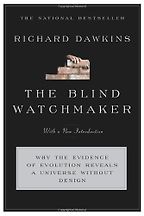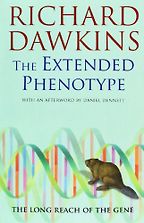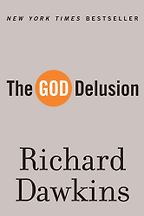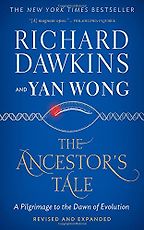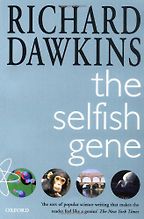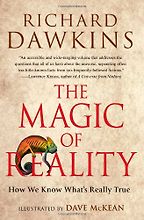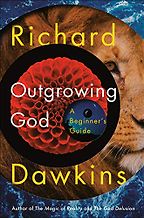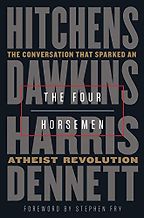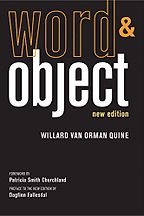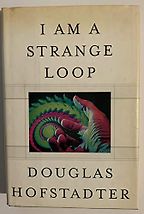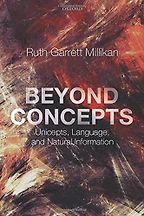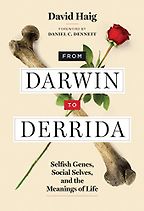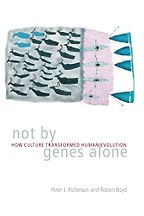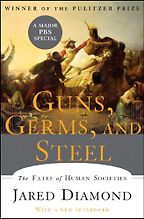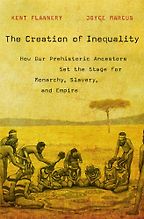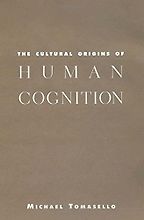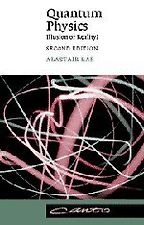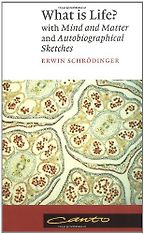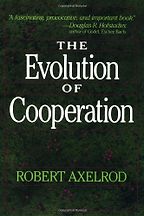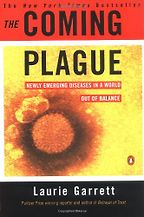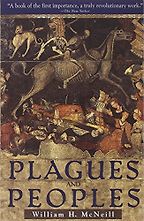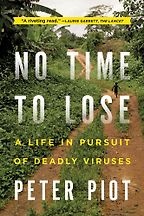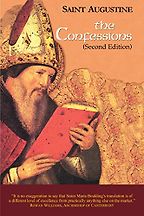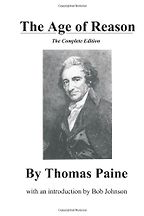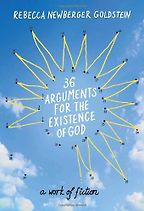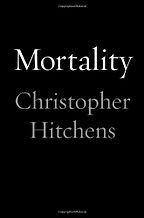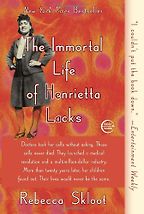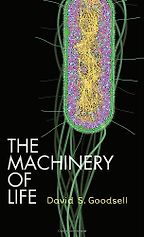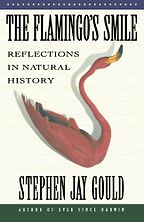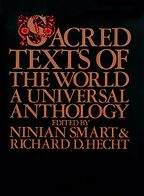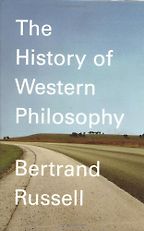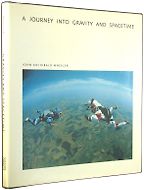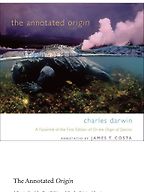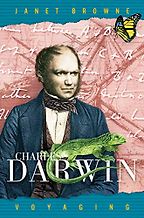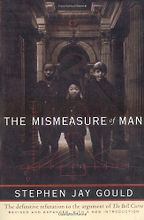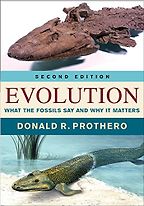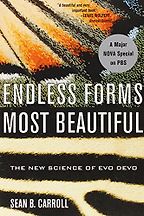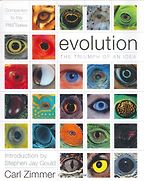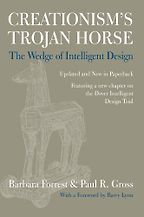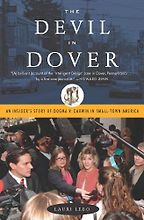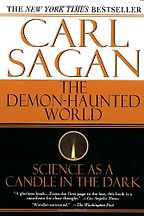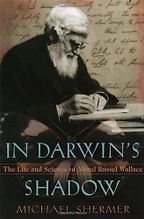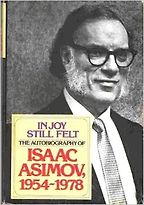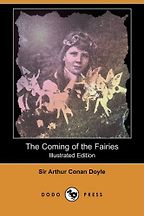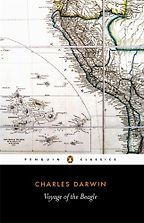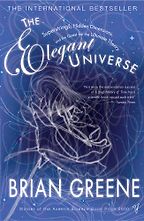
Books by Richard Dawkins
British evolutionary biologist Richard Dawkins, who served as Oxford University’s professor ‘for public understanding of science’ until 2008, is one of our most frequently recommended authors on Five Books. Rising to public prominence with his book The Selfish Gene (1976) he is now as well known for his public advocacy of atheism.
“I would say read all of Dawkins – that would be my recommendation. But if I had to pick just one self-contained book that lays out Dawkins’s philosophy and methodology, and shows his literary skills, I would have to pick this one. His most famous book is The Selfish Gene because it lays out the gene-centred view of evolution, but it’s a bit of a tough slog. All the stuff you find in it you can also find in The Blind Watchmaker.“ Read more...
Jerry Coyne, Biologist
“I chose this because I think it expresses a really important idea. Richard Dawkins wrote this book not long after The Selfish Gene came out. That was his landmark book, in which he argued for a gene-centric view of evolution. Genes build bodies. They build traits, which are known as phenotypes, in order to be replicated in the next generation. In this book Dawkins took this argument to the next level. He said that when we think of the phenotype, we think about fur or eyesight or the red blood cell’s ability to take in oxygen. But genes influence behaviour, and so behaviour is part of the phenotype. And that behaviour allows animals to change their environment in ways that can then raise their reproductive success.” Read more...
The best books on The Strangeness of Life
Carl Zimmer, Journalist
“Richard Dawkins is very funny. One of the reasons for reading The God Delusion is that it will disabuse you of the idea – which is a common stereotype of atheists – that they are utterly humourless…Dawkins also explains a lot about why he disagrees with people who reconcile science and religion. I agree with him on this. I actually do think they are irreconcilable.” Read more...
Susan Jacoby, Journalist
“The Ancestor’s Tale is so clever. Its structure is inspired by Chaucer’s The Canterbury Tales: it’s a pilgrimage through human existence. The pilgrims are walking backwards through human evolution. Every so often they meet up with our earlier cousins; so, for example, first they meet other primates starting with chimpanzees, because they are our closest cousin. We separated from them about 6 million years ago. On it goes until eventually they start meeting bacteria. I loved that; I thought it was brilliant.” Read more...
Dorothy H. Crawford, Medical Scientist
“I really picked this book because for me, and I think for lots of people, it was an entry point into thinking about applying evolutionary principles to human behaviour. In a very user-friendly way, it gives you some of the basic tools you can use to start thinking about it…The book was synthesising a bunch of ideas that had been developed by a variety of researchers, in particular William Hamilton and Robert Trivers, on how we can think about evolutionary processes to explain things like cooperation and altruism, which has been a long-running puzzle. It lays out a particular way of thinking where you think about genes from the genes’ eye view. You think about what is good for the gene, and that allows you to solve a bunch of puzzles about altruism, about why people would help those who have copies of those same genes…I put it on the list because it was inspirational to me, though I like to think we now have an enriched way of looking at things that goes beyond what we did in the 70s. “ Read more...
The Magic of Reality: How We Know What's Really True
by Richard Dawkins
The Magic of Reality by Richard Dawkins is aimed at young adults but is also a lot of fun for any adult whose grasp of science is a little sketchy. It's very nicely and clearly written and the chapters cover interesting questions like "What is a rainbow?", "What is the sun?", "Who was the first person?" and "Are we alone?".
Outgrowing God: A Beginner's Guide
by Richard Dawkins
Outgrowing God is another book by Richard Dawkins that presumes no previous knowledge and nicely and simply lays out why there is no reason to believe in God today. He explains why he himself became an atheist at age 15, despite his upbringing in the Church of England. The opening, where he lists all the thousands of gods people have believed in over the millennia, is entertaining and even if you're well-informed, you will learn new things from this book, ostensibly aimed at young adults.
The Four Horsemen: The Conversation That Sparked an Atheist Revolution
by Christopher Hitchens, Daniel Dennett, Richard Dawkins & Sam Harris
In The Four Horsemen, introduced by the always interesting and entertaining Stephen Fry, we can read the transcript of a 2007 discussion between four prominent atheists: Christopher Hitchens, Daniel Dennett, Sam Harris and Richard Dawkins, whose books you'll see recommended on Five Books time and time again. The conversation took place in Washington DC and the video of it, which you can see here, went viral.
Interviews where books by Richard Dawkins were recommended
Favorite Books, recommended by Daniel Dennett
Daniel Dennett is not only one of the most distinguished philosophers of mind working today, he also writes great books. As he publishes his memoir, I’ve Been Thinking, he talks us through some of the books that most influenced him, including two by evolutionary biologists.
-

1
The Selfish Gene
by Richard Dawkins -

2
Not by Genes Alone: How Culture Transformed Human Evolution
by Peter J. Richerson & Robert Boyd -

3
Guns, Germs and Steel
by Jared Diamond -

4
The Creation of Inequality: How Our Prehistoric Ancestors Set the Stage for Monarchy, Slavery, and Empire
by Joyce Marcus & Kent Flannery -

5
The Cultural Origins of Human Cognition
by Michael Tomasello
The best books on Cultural Evolution, recommended by Joseph Henrich
The best books on Cultural Evolution, recommended by Joseph Henrich
What role did culture play in human evolution? Why did human brains get so big so quickly? When and why did inequality first emerge in human society? Harvard professor and author Joe Henrich picks some of the best books for understanding ‘cultural evolution.’
The best books on Quantum Theory, recommended by Vlatko Vedral
The professor of quantum information theory at Oxford tells us about books that successfully popularise quantum physics and the science of complex systems. Look, no equations!
The best books on Viruses, recommended by Dorothy H. Crawford
Many of us have developed a new fascination for viruses and virology during the global COVID-19 crisis. Here, Dorothy Crawford, professor of medical microbiology and the author of Viruses: A Very Short Introduction, selects five of the best books on viruses for the general reader.
The best books on Atheism, recommended by Susan Jacoby
The main reason for the survival of religion is not a desire to live a better life, but our fear of death, says atheist author and independent scholar Susan Jacoby. Here she recommends five books she considers essential to “understanding the merits of atheism.”
The best books on The Strangeness of Life, recommended by Carl Zimmer
The science writer and award-winning blogger Carl Zimmer discusses the strangeness of life, from viruses to manipulative flatworms
The best books on The Emergence of Understanding, recommended by Peter Atkins
Science is the only way to make sense of the world around us and the scientific method the only way to establish truth, says Peter Atkins, Professor Emeritus of Chemistry at the University of Oxford. Author of several chemistry textbooks as well as many popular science books, he recommends books that track the evolution of our understanding about the world around us, starting with an anthology of sacred texts and ending with Shakespeare.
The best books on Evolution, recommended by Jerry Coyne
Evolutionary biologist Jerry Coyne tells us why Darwin is still essential reading and sifts the vast amount of more recent writing on evolution for books that are both inspiring to scientists and accessible to general readers. He picks the best books on evolution.
Kenneth Miller recommends the best Arguments against Creationism
Biology professor—and Catholic—Kenneth Miller tells us what we should read to understand the battle being fought between scientists and creationists.
The best books on Being Sceptical, recommended by James Randi
Former magician and internationally renowned debunker of paranormal claims James Randi sharpens his knives against proponents of flim-flam, pseudoscience and the so-called paranormal – and tells us where the creator of Sherlock Holmes went badly wrong. He selects the best books on scepticism for Five Books.
The best books on Being Inspired by Science, recommended by Tom Clarke
The Science Correspondent for the Uk’s Channel 4 discusses the magical allure of science. He chooses five great books on subjects ranging from genetics to natural history and astro-physics
